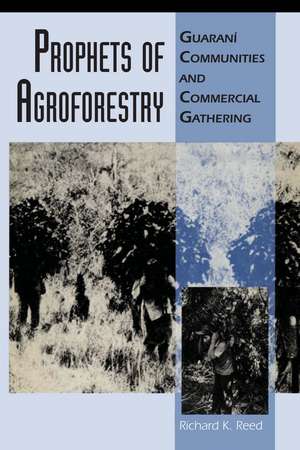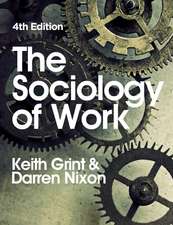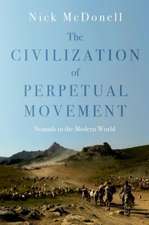Prophets of Agroforestry: Guaraní Communities and Commercial Gathering
Autor Richard K. Reeden Limba Engleză Paperback – 12 iun 2012
Reed finds that Chiripá economic power derives from their practice of commercial agroforestry. Unlike Latin American indigenous societies that have been forced to clear land for commercial agriculture, the Chiripá continue to harvest and sell forest products, such as caffeinated yerba mate, without destroying the forests. Reed also explores the relation of this complex economy to Chiripá social organization and shows how flexible kin ties allowed the Chiripá to adapt to the pressure and opportunities of the commercial economy without adopting the authoritarian nature of rural Paraguayan society.
These findings offer important insights into the relations among indigenous groups, nation-states, and the international economy. They also provide a timely alternative model for sustainable management of subtropical forests that will be of interest in the fields of development and environmental studies.
Preț: 201.61 lei
Nou
Puncte Express: 302
Preț estimativ în valută:
38.58€ • 39.51$ • 32.09£
38.58€ • 39.51$ • 32.09£
Carte tipărită la comandă
Livrare economică 19 martie-02 aprilie
Preluare comenzi: 021 569.72.76
Specificații
ISBN-13: 9780292744875
ISBN-10: 0292744870
Pagini: 271
Dimensiuni: 152 x 229 x 15 mm
Greutate: 0.4 kg
Editura: University of Texas Press
Colecția University of Texas Press
ISBN-10: 0292744870
Pagini: 271
Dimensiuni: 152 x 229 x 15 mm
Greutate: 0.4 kg
Editura: University of Texas Press
Colecția University of Texas Press
Notă biografică
Richard K. Reed is Professor of Anthropology at Trinity University in San Antonio, Texas.
Cuprins
- Preface and Acknowledgments
- 1. Introduction
- 2. Yerba, Society, and the State in Mbaracayú
- 3. Kinship, Households, and Community
- 4. Leadership and Religion
- 5. Chiripá Agroforestry
- 6. Patrones, Capataces, and Caciques
- 7. Conclusions
- Postscript: The Chiripá and Recent Changes
- Notes
- References
- Index
Descriere
How an indigenous Paraguayan people have maintained themselves as a distinct society and culture, in large part through their practice of commercial agroforestry















